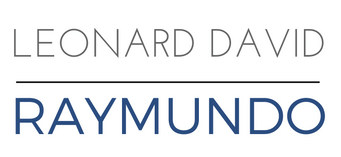
The title of this blog alone may seem like a contradiction given the amount of Twitter users that seem to have a tenuous grasp on the English language, but hear me out. As one of the most popular social media platforms in the world, Twitter allows anyone and everyone to voice their opinions for the world to hear, which isn’t always a good thing. However, utilizing everything this site has to offer can actually improve your writing skills.
First, and perhaps most obviously, tweeting allows you to practice brevity. Because of that fact that you are only given 140 characters to tell everyone how you feel about President Trump or what your thoughts were on last night’s game, you are forced to cram all of these ruminations into one concise tweet. This is where your editing skills come into play. Trim the unnecessary details, and include only what you want your audience to read and understand; a skill applied to creative writing every day.
Second, many people seem to forget the networking possibilities that come with communicating on a platform used by hundreds of millions of people every day. By intelligently using hashtags to hone in on who you want seeing your tweets, you can reach users in countries on the other side of the planet, and share a few thoughts if you feel so inclined. Get your followers, as well as people within your industry, to engage with you. Ask questions in your tweets for feedback or starting discussions, and respond as often as you can to show your audience that you care about their opinions, and actually want to hear back from them.
Going off the notion of practicing brevity, the more you tweet, the better you’ll get at it. That is to say you will quickly learn what works best in the Twitter universe in terms of engagement. For example, strong, intelligently-worded one-liners can immediately grab an avid Twitter user’s attention. Most people on this platform don’t want to read paragraphs of information. Cater to the masses. Whether you incorporate humor, sorrow, or shock, someone is bound to react to what you put out there so long as it is brief and impactful.
Another pretty obvious advantage that comes with using Twitter is marketing your already-written content. Grab a quote or two out of your latest blog or novel, and link back to your website. Before you do this however, make sure you audience actually wants to read it. Incorporate some emotion. Sounding robotic on social media is a great way to lose followers. Tell people why you’ve written this piece and why you think they’d like it.
Experimentation is yet another beautiful part of Twitter for writers. If you tend to stick to one genre when writing, try tweeting a few things ranging in genres to see how your audience responds. Because of the conciseness of tweets, very few people are going to judge what you put out there. Get creative. Try something comedic if you commonly write dramatic content, or write a two-sentence horror story if you tend to do the opposite. Your opportunities are endless.


